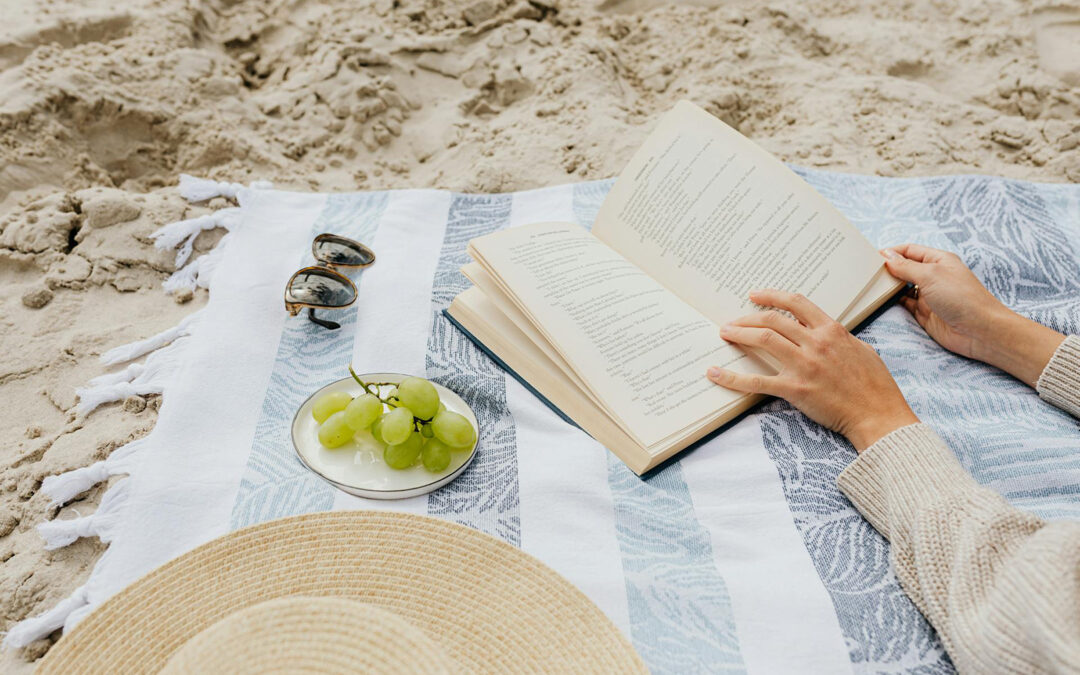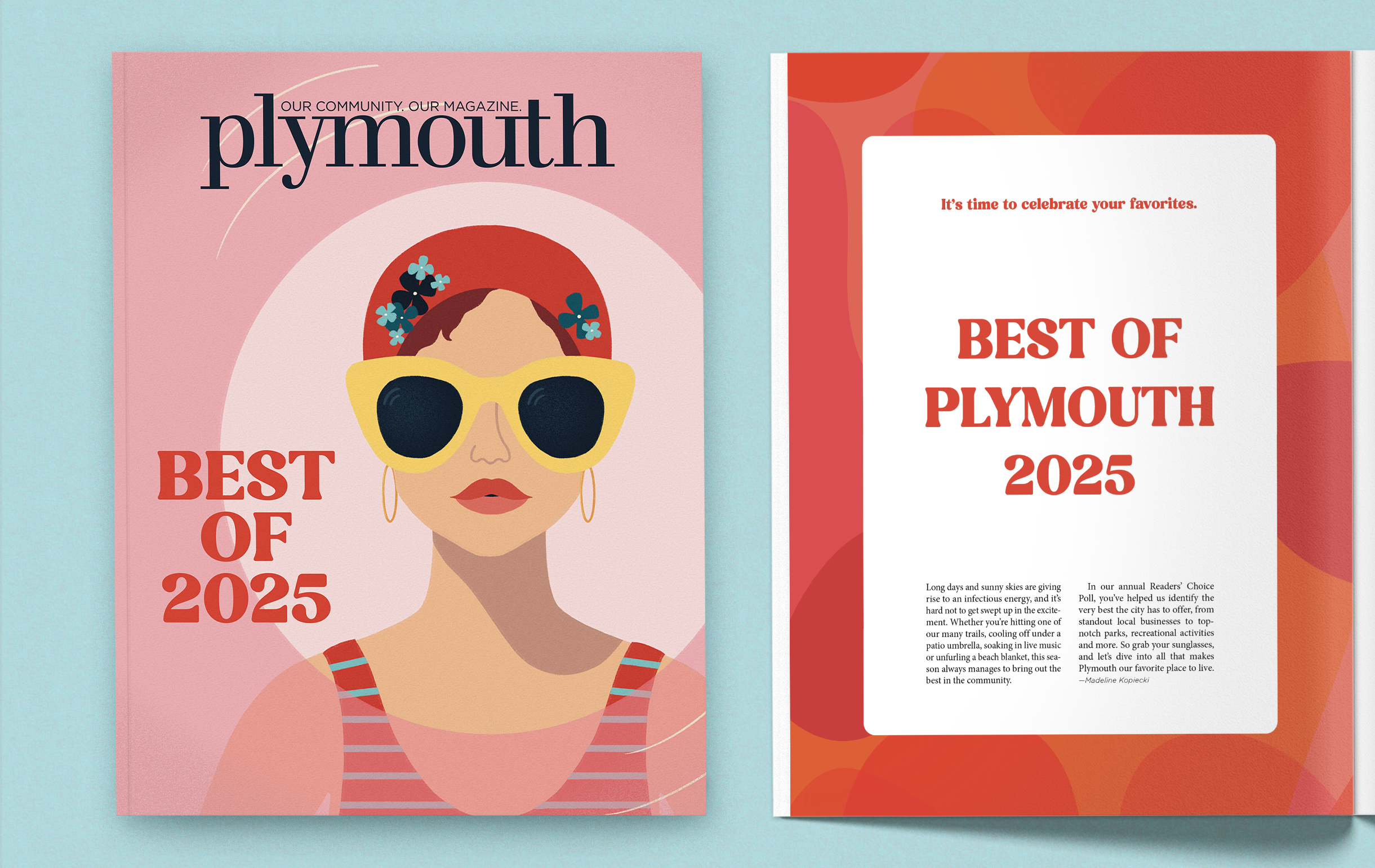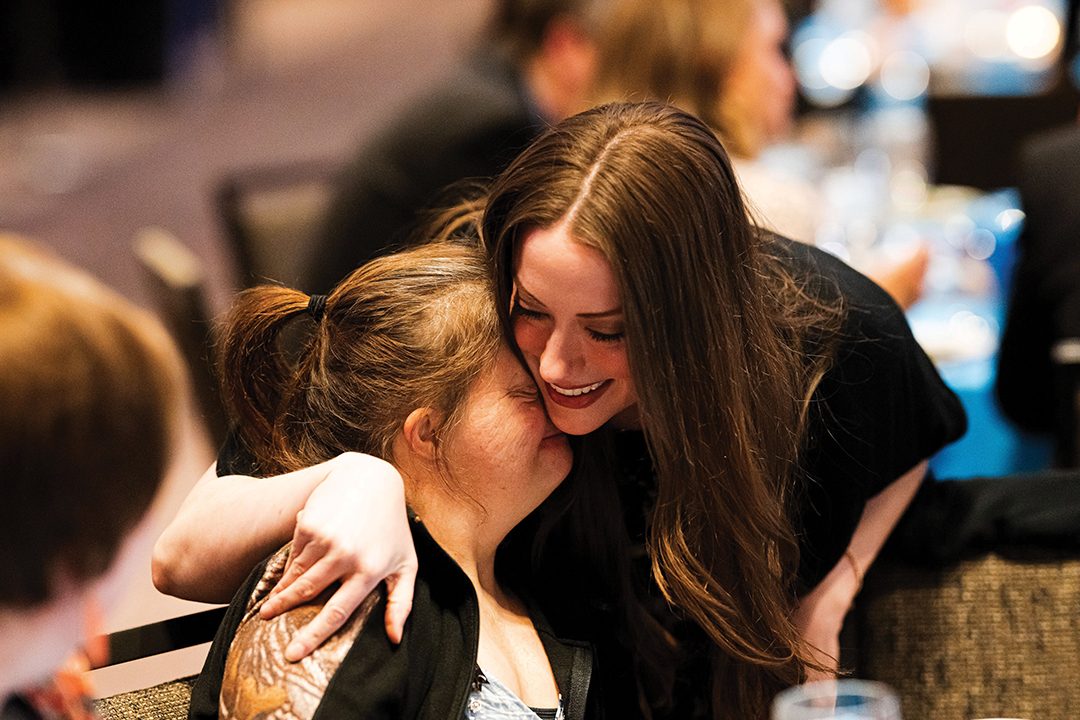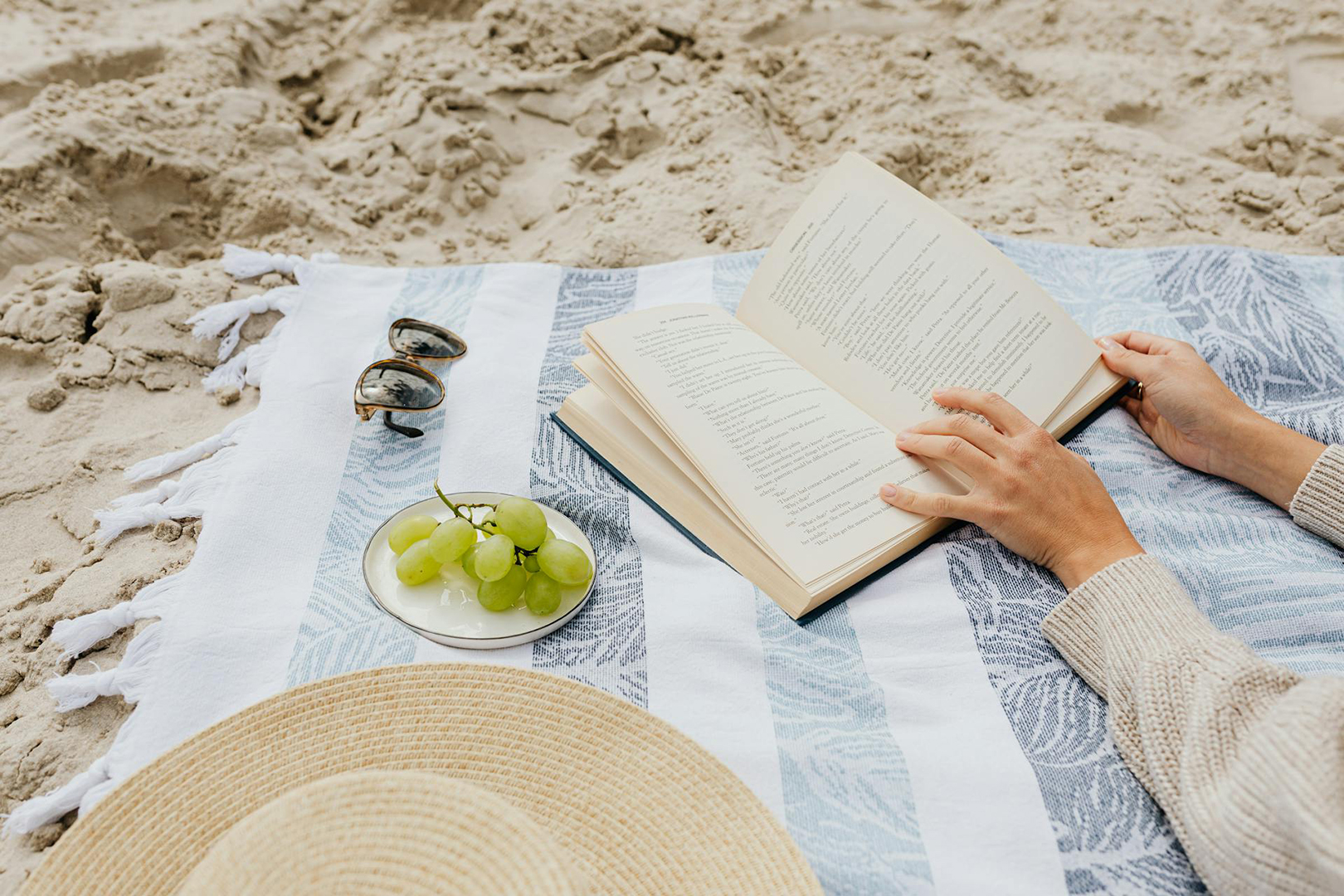
Photo: Chris Emeott
Consider switching your closet to an eco-friendlier model.
“Most people in the United States only wear about 20 percent of their wardrobes. That means that 80 percent of the clothes are languishing in their closet being unworn,” says Nancy Dilts, a personal wardrobe stylist, who specializes in sustainable shopping. “That’s an enormous amount of waste.”
Though fashion waste and fast fashion (mass-produced clothing sold at a lesser cost) are worldwide issues, consumers and companies are beginning to learn how to develop more eco-friendly practices.
Start with what you have. “The piece that’s most important is that people are actually wearing what they own,” Dilts says. She suggests creating a wardrobe foundation from currently-owned quality pieces. Once a shopper makes use of what is already in his/her wardrobe, Dilts suggests giving a second life to outdated or ill-fitting clothing by collaborating with consignment stores, selling online or donating to thrift shops rather than throwing away the garments.
Shop at second-hand stores. Thrift and consignment stores can extend the life of clothing and, as Dilts notes, be more cost effective. Many also appreciate the high level of sustainability that a consignment shop provides. “Consignment is a closed loop,” Dilts says. “The consignor is a local person, the shop owner is a local retailer, the person buying it is local and [clothing is] being reused.” While thrift stores often see mass donations and end up sending textiles to landfills, consignment shops “extend the life of a garment in a more reliable way.” Shopping at thrift or consignment stores can uncover some hidden treasures, and there is a strategy to follow. Dilts recommends to be patient, be persistent and know your style.
Shop ethically for new items. This often means understanding where garments come from, how they are made and how long they will last. Look for companies that utilize recycled materials, focus on timeless styles or are dedicated to responsible factory and employment practices.
Opt out of fast fashion. Though it can be tempting to grab the newest trends, there are other ways to show personal style without sacrificing sustainability. “Invest in high-quality, enduring, classic pieces,” Dilts says, adding to save trend purchases for accessories and wardrobe elements that are interchangeable. If a trend proves too tempting, she recommends looking one that will stay relevant longer. “If you’re not going to wear it 30 times, don’t buy it,” Dilts says.
Nancy Dilts’ Go-To Consignment Shops
Turnstyle carries home furnishings, accessories and clothing for men, women and children. 15545 34th Ave., N., Plymouth; 763.694.6173; 13744 83rd Way, Maple Grove; 763.420.2864; turnstyleconsign.com
Clothes Mentor offers consigned women’s clothing, shoes and accessories. 13641 Grove Drive, Maple Grove; 763.494.4584; 14200 Wayzata Blvd., Minnetonka; 952.303.6673; clothesmentor.com
Fashion Avenue features couture, designer and contemporary clothing and accessories for men and women. 810 Lake Street E. Suite 2, Wayzata; 952.224.7014; fashionavenueresale.com






















